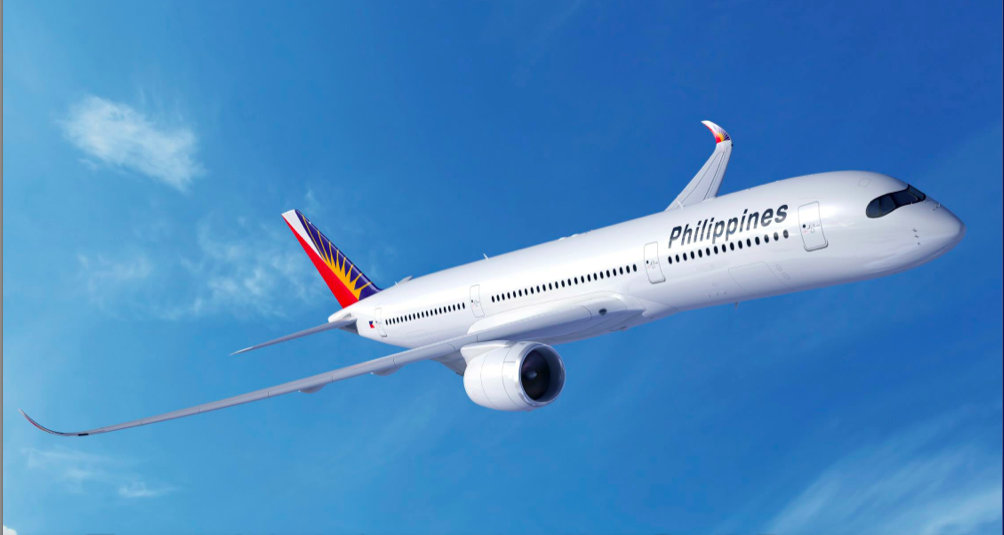MANILA, Philippines — Philippine Airlines (PAL) will stop money-losing “ultra-long haul routes” as it prepares for a major restructuring program that is deemed crucial to its bid to survive the ongoing pandemic and aviation downturn.
PAL did not provide details in its latest financial disclosures and its officials did not immediately respond to queries on which routes would be affected.
An aviation expert and former Philippine Airlines president Avelino Zapanta said these might include the flag carrier’s flights from Manila to London and New York.
“London is most likely. That’s a very expensive route to operate and the only Euro destination of PAL,” Zapanta told the Inquirer.
He said PAL might also decide to suspend service to New York while retaining other North American routes with less frequent flights.
PAL pursued an aggressive international strategy prior to the COVID-19 outbreak to capture higher yields, widen connectivity to and from the Philippines and improve its global profile. This helped PAL win a four-star rating from SkyTrax in 2018.
International operations contributed some 80 percent of PAL revenues from 2018 to 2020 while domestic service accounted for 20 percent, parent firm PAL Holdings Inc. said in its 2020 annual report.
Top contributors last year were transpacific (United States and Canada) at 36.6 percent; Asia and Australia, 29.6 percent; Middle East, 13.3 percent and Europe, 2.4 percent.
PAL Holdings said turnaround efforts also involved the restructuring of its fleet “to reduce capacity and match the projected reduced market demand in the short term.
“PAL will have a long way to go for recovery. The uncertainty of the situation still prevails, but news on the availability of COVID-19 vaccine brings hope that passenger traffic will be better than 2020,” it said.
Recovery in local operations
Competitors, such as Cebu Pacific, see faster recovery in domestic operations given international travel constraints and a government cap on overseas arrivals at Manila’s Ninoy Aquino International Airport (Naia).
Candice Iyog, vice president for marketing and customer experience at Cebu Pacific, told reporters in a briefing they were hoping the government would ease the 2,000 daily passenger arrival limit in Naia.
“Our priority is making sure we can recover on the domestic front,” Iyog said.
PAL Holdings, owned by billionaire Lucio Tan with Japan’s ANA Holdings as a minority shareholder, saw 2020 losses jump by almost 600 percent to P71.8 billion while revenue, mostly from passenger operations, fell 64 percent.
Airlines around the world have been rocked by heavy financial losses because of the pandemic.
Trading of PAL Holding’s shares has been suspended by the Philippine Stock Exchange starting June 17 after its independent auditor, SyCip Gorres Velayo & Co., issued a disclaimer and refused to give an opinion on the airline’s financial statements due to lack of information.
Also, trading of shares of Indonesia’s flag carrier, Garuda, was also suspended on Friday after it defaulted on debts.
PAL plans to file a Chapter 11 creditor protection petition in the United States to shield its assets and restructure hundreds of billions of pesos in obligations.


